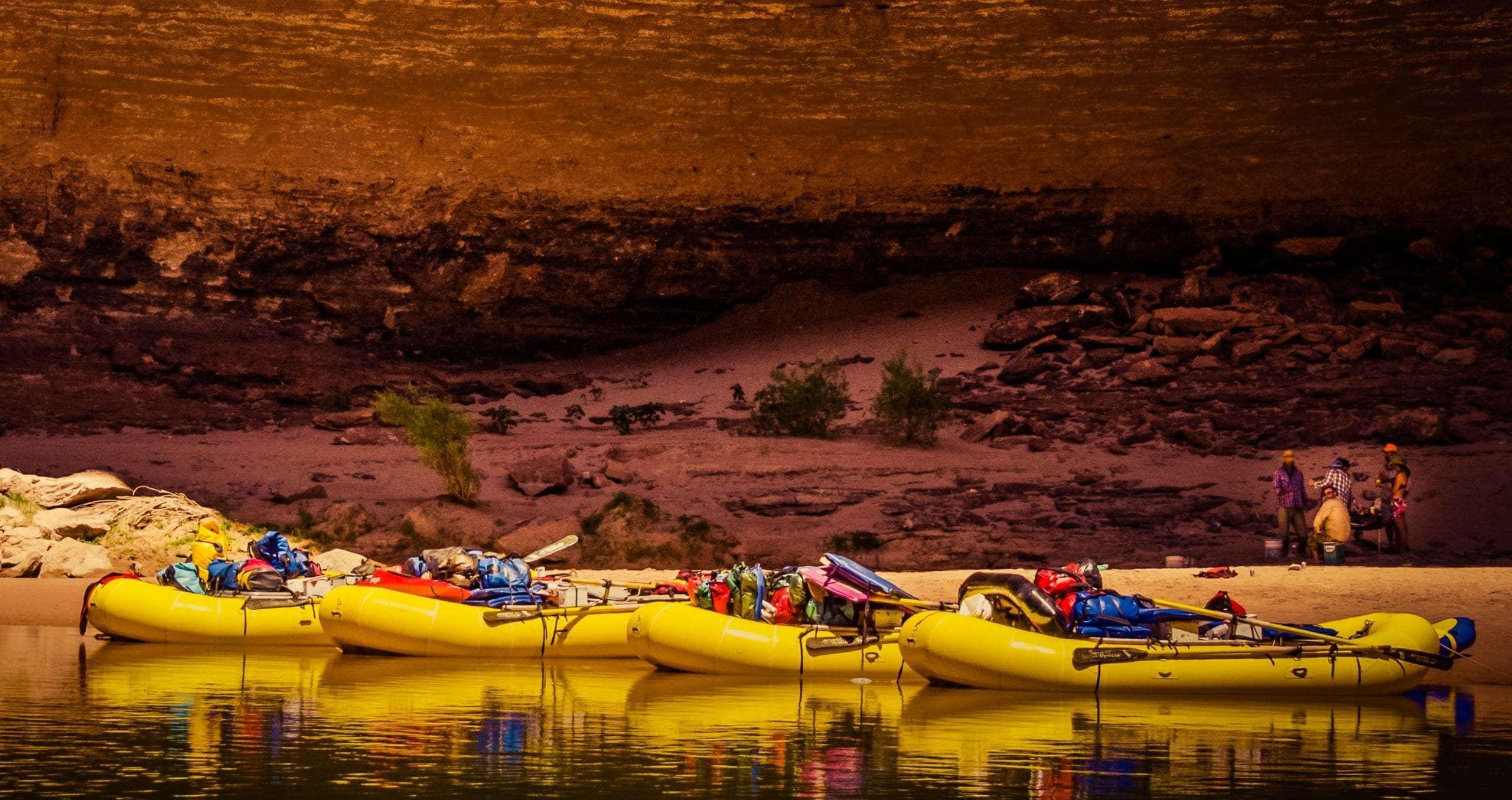To make a valid will under Colorado law, the will must be:
- In writing;
- Signed by the testator;
- Signed by two witnesses.
The requirements for a valid will in Colorado can be found at Colorado Statutes § 15-11-502. See Colorado Revised Statues, Title 15.
Who Can Make a Valid Will In Colorado?
Any person eighteen or more years of age who is of sound mind may make a valid will under Colorado law.
To be of sound mind to make a valid will in Colorado, a testator must:
- Understand the nature of his or her act;
- Know the extent of his or her property;
- Understand the proposed testamentary disposition;
- Know the natural objects of his or her bounty.
The will must represent the wishes of the testator.
A Valid Colorado Will Must Be Signed By The Testator
There are two ways that a testator can sign a will under Colorado law.
First, the testator can sign the will himself.
The second way is for “some other individual in the testator’s conscious presence and by the testator’s direction” to sign the testator’s name. See Colorado Revised Statutes § 15-11-502(b). “Conscious presence” requires physical proximity to the testator but not necessarily within the testator’s line of sight. Many other states require that the witnesses be in the line of sight of the testator while signing.
If at all possible, the testator should sign the will himself. Although both methods are valid under Colorado law, a will contestant will often use the testator having another person sign for him as grounds to argue a lack of capacity to make the will.
A Valid Colorado Will Must Be Witnessed
Colorado also imposes a witness requirement in order for a will to be valid. A Colorado will must be either:
- Signed by at least two individuals, either prior to or after the testator’s death, each of whom signed within a reasonable time after he or she witnessed either the testator’s signing of the will or the testator’s acknowledgement of that signature or acknowledgement of the will; or
- Acknowledged by the testator before a notary public or other individual authorized by law to take acknowledgements.
Any person generally competent to be a witness may act as a witness to a Colorado will. Colorado Revised Statutes § 15-11-505.
The signing of a will by an interested witness does not invalidate the will or any provision of it under Colorado law, however, it is a good idea that the witnesses to the will do not benefit under its terms.
Does a Will Have To Be Notarized In Colorado To Be Valid?
No, there is no requirement that a will is notarized under Colorado law to make it valid. As long as a testator follows the witness requirements, no notary is required.
A Colorado will can be made “self-proving” by attaching a self-proving affidavit to the will that attests that the will was properly executed. If a self-proving affidavit is completed, the testimony of the witnesses to admit the will to probate after the testator’s death can be avoided.
Colorado Revised Statute § 15-11-504 provides a form for a self-proved will, and this form should be substantially followed to make a will self-proving.
The best way to make sure that you have made a will that is valid under Colorado law and that carries out your testamentary wishes is to consult with a Colorado probate lawyer.








